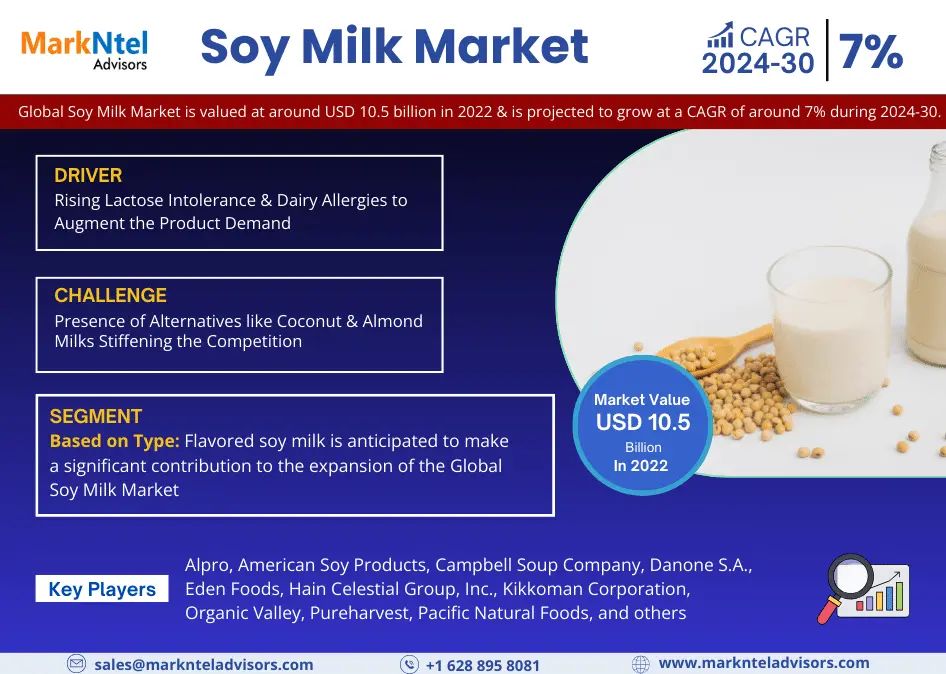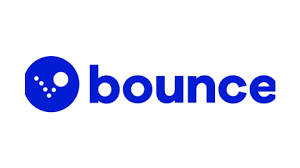In the realm of modern investing, Demat accounts have emerged as indispensable tools, revolutionising the way individuals manage their securities. A Demat (Dematerialized) account serves as an electronic repository for holding stocks, bonds, mutual funds, and other financial instruments in digital format, eliminating the need for physical certificates. This article aims to delve into the advantages and disadvantages of Demat accounts, providing insights for both seasoned investors and newcomers to the financial world.
Pros of Demat Accounts:
Convenience and Accessibility: Demat accounts offer unparalleled convenience and accessibility to investors. With a few clicks, investors can access their holdings, monitor market movements, and execute transactions from the comfort of their homes or on the go. Gone are the days of cumbersome paperwork and the risk of misplaced or damaged physical certificates. The ability to access the account online through desktop or mobile platforms further enhances convenience, allowing investors to stay connected to the market 24/7.
Safe and Secure Transactions: Security is paramount in the realm of investments, and Demat accounts excel in this aspect. Utilizing advanced encryption and authentication protocols, these accounts ensure the safekeeping of securities, minimizing the risk of theft or loss. Investors can rest assured knowing that their assets are shielded from physical vulnerabilities. Moreover, the elimination of physical certificates reduces the risk of forgery and tampering, enhancing the overall security of transactions.
Portfolio Diversification: Diversification is a cornerstone of sound investment strategy, and Demat accounts facilitate this process effortlessly. Investors can diversify their portfolios across various asset classes, including stocks, bonds, mutual funds, and exchange-traded funds (ETFs), thereby spreading risk and potentially enhancing returns. The ease of managing multiple investments within a single Demat account streamlines portfolio management, allowing investors to adjust their asset allocation according to market conditions and investment objectives.
Liquidity and Faster Transactions: One of the standout features of Demat accounts is their ability to provide liquidity and facilitate swift transactions. Unlike traditional paper-based systems, where settlement could take days, Demat accounts ensure near-instantaneous transfer and settlement of securities, allowing investors to capitalize on market opportunities promptly. This liquidity not only enables investors to enter and exit positions quickly but also enhances the overall efficiency of the capital market ecosystem, promoting price discovery and market liquidity.
Easy Monitoring and Tracking: Demat accounts offer robust tools and features for monitoring and tracking investment portfolios. Investors can access real-time updates on their holdings, including current market value, historical performance, dividends received, and corporate actions. The availability of detailed transaction history and account statements simplifies record-keeping and tax compliance, empowering investors to make informed decisions and optimize their investment strategies.
Cons of Demat Accounts
Costs and Fees: While Demat accounts offer a plethora of benefits, they are not without their costs. Investors may encounter various charges, including account opening fees, annual maintenance charges, transaction fees, and more. These costs can erode returns, particularly for small investors with limited capital. Additionally, some Demat service providers may impose additional fees for value-added services such as research reports, portfolio advisory, or premium customer support, further adding to the overall cost of maintaining the account.
Dependence on Technology: The digital nature of Demat accounts renders them susceptible to technological risks. System outages, software glitches, or cyber attacks could potentially disrupt access to accounts, causing inconvenience and financial losses. While Demat service providers invest in robust infrastructure and security measures to mitigate these risks, technological vulnerabilities remain a concern. Investors should remain vigilant and have contingency plans in place to address unforeseen disruptions, such as maintaining physical copies of important documents and diversifying across multiple Demat service providers.
Risk of Hacking and Cyber Threats: In an increasingly interconnected world, cyber threats loom large, and Demat accounts are not immune. Hackers may attempt to compromise accounts, steal sensitive information, or execute unauthorized transactions. Despite stringent security measures implemented by Demat service providers, the evolving nature of cyber threats poses an ongoing challenge. Investors must remain vigilant and employ stringent security practices, such as using strong passwords, enabling two-factor authentication, and regularly updating antivirus software. Education and awareness are key in safeguarding against phishing attacks and other social engineering tactics used by cybercriminals.
Complications in Account Management: Managing a Demat account entails a learning curve, particularly for novice investors. Understanding settlement cycles, corporate actions such as dividends and rights issues, and navigating through complex procedures can be daunting. While Demat service providers offer user-friendly interfaces and educational resources to assist investors, the sheer volume of information and jargon associated with securities trading can overwhelm beginners. Moreover, investors may encounter discrepancies or errors in their accounts, such as missing securities or incorrect transaction details, which require prompt resolution through customer support channels.
Regulatory Compliance and Documentation: Demat accounts are subject to regulatory oversight, and investors must comply with various legal and procedural requirements. Opening a Demat account entails submitting Know Your Customer (KYC) documentation, such as identity proof, address proof, and PAN card, to verify the investor’s identity and address. Additionally, investors must adhere to regulatory guidelines regarding the transfer, pledging, or conversion of securities held in Demat form. Failure to comply with regulatory requirements could result in penalties or legal consequences, highlighting the importance of maintaining accurate records and staying updated on regulatory changes.
Conclusion
In conclusion, Demat accounts offer a myriad of advantages, ranging from convenience and security to portfolio diversification and liquidity. However, they also present certain drawbacks, including costs, technological risks, cybersecurity concerns, account management complexities, and regulatory compliance requirements. As investors weigh the pros and cons, it’s crucial to make informed decisions, stay abreast of market developments, and adopt prudent strategies to harness the full potential of Demat accounts in their investment journey. By understanding the nuances of Demat accounts and exercising diligence in their usage, investors can navigate the complexities of the financial markets with confidence and resilience.
FAQs
What is a Demat account?
A Demat account is an electronic account used to hold and trade securities in digital format, eliminating the need for physical share certificates.
What are the advantages of having a Demat account?
Demat accounts offer convenience, accessibility, safe and secure transactions, portfolio diversification, and swift liquidity.
What are the potential disadvantages of using a Demat account?
Disadvantages include costs and fees associated with maintenance, dependence on technology which poses risks, vulnerability to cyber threats, and complexities in account management.
How do Demat accounts contribute to portfolio diversification?
Demat accounts allow investors to diversify their portfolios by holding various types of securities such as stocks, bonds, mutual funds, and ETFs in one account.




